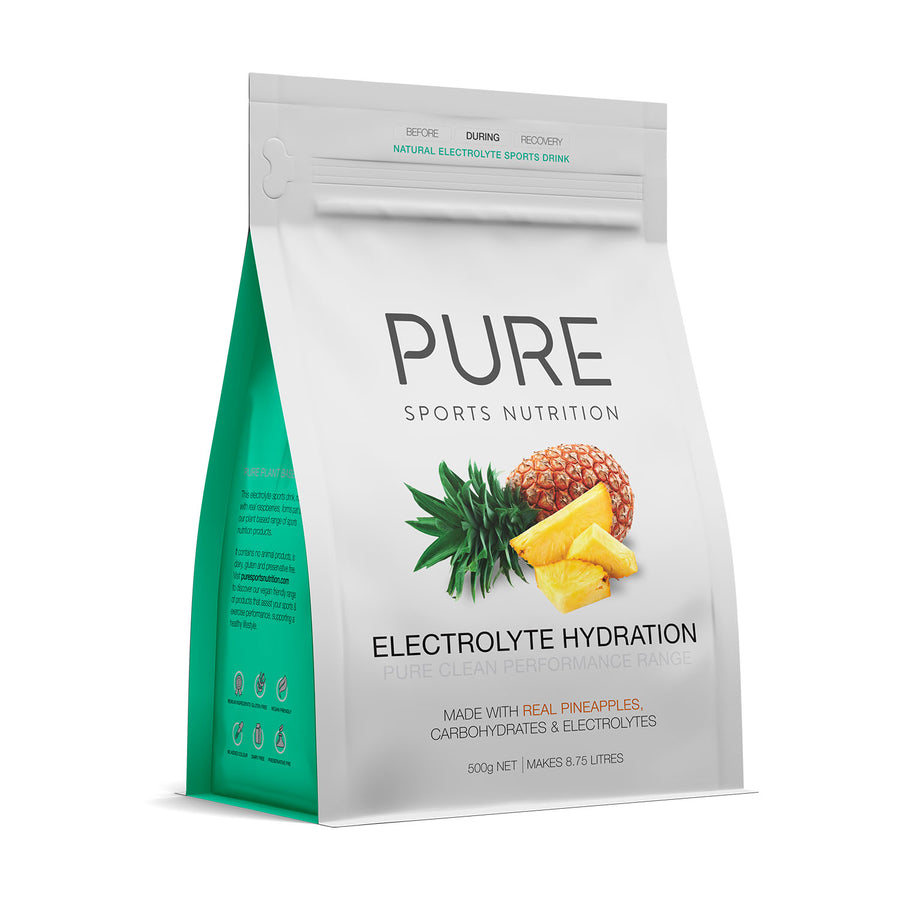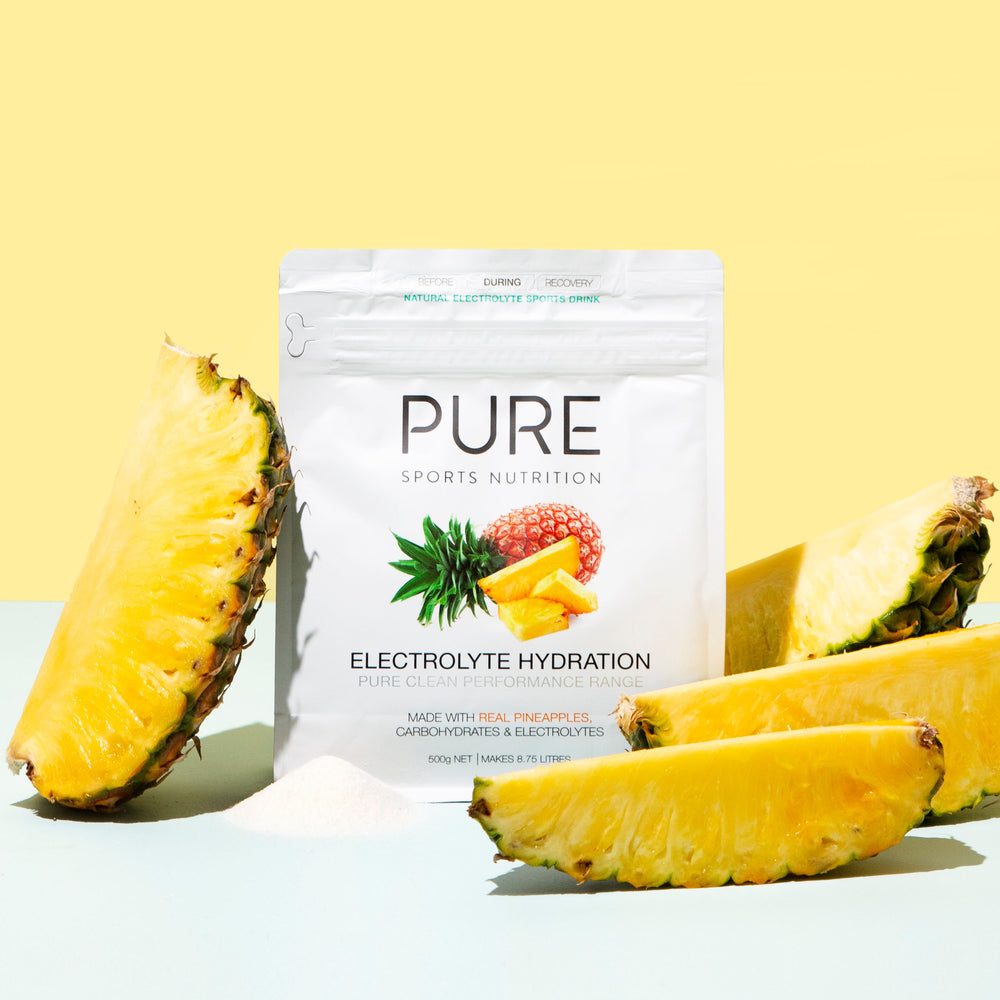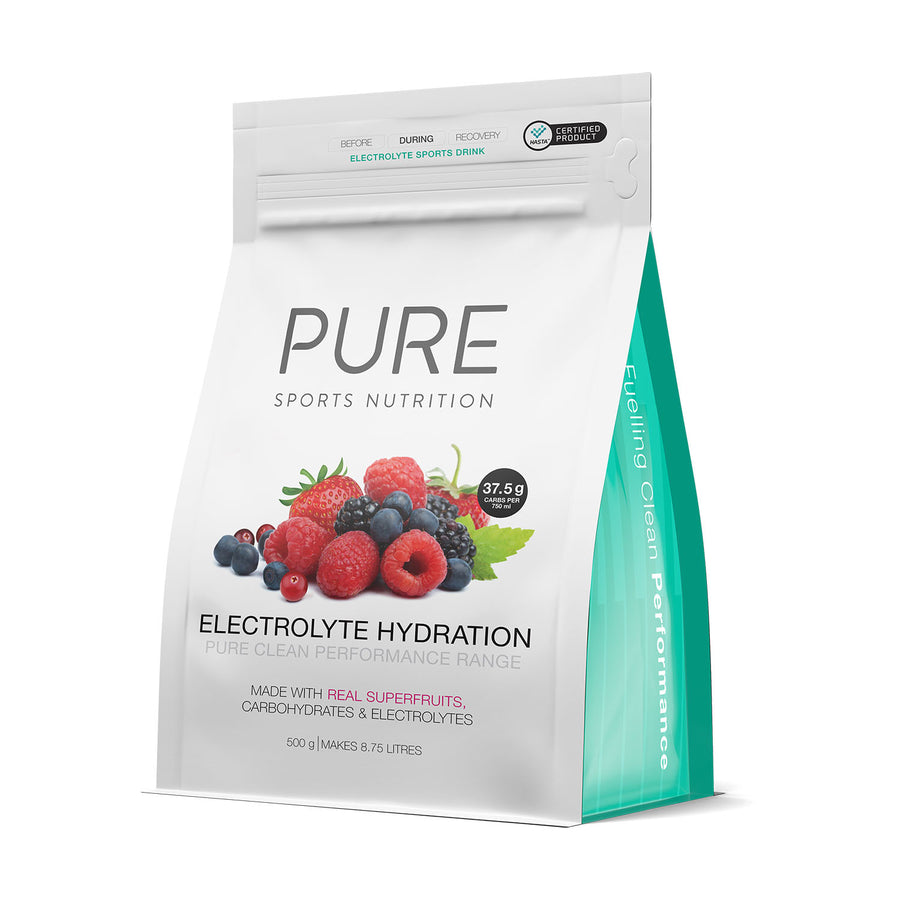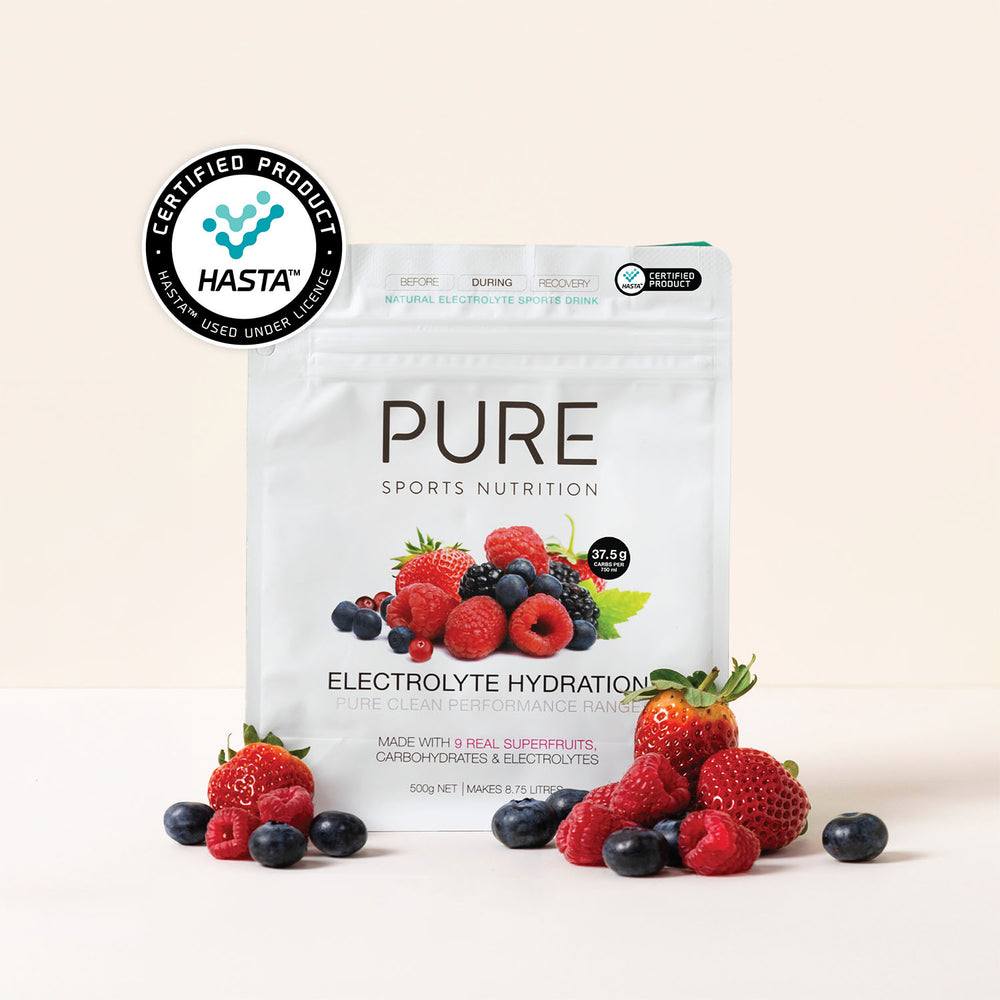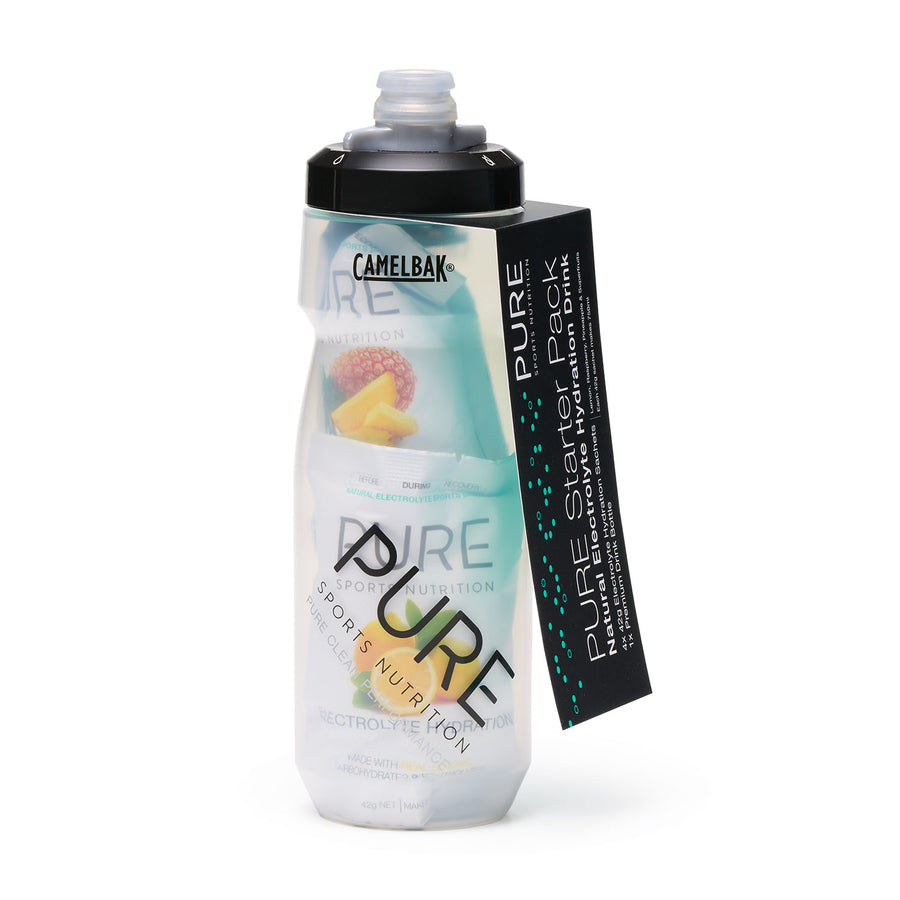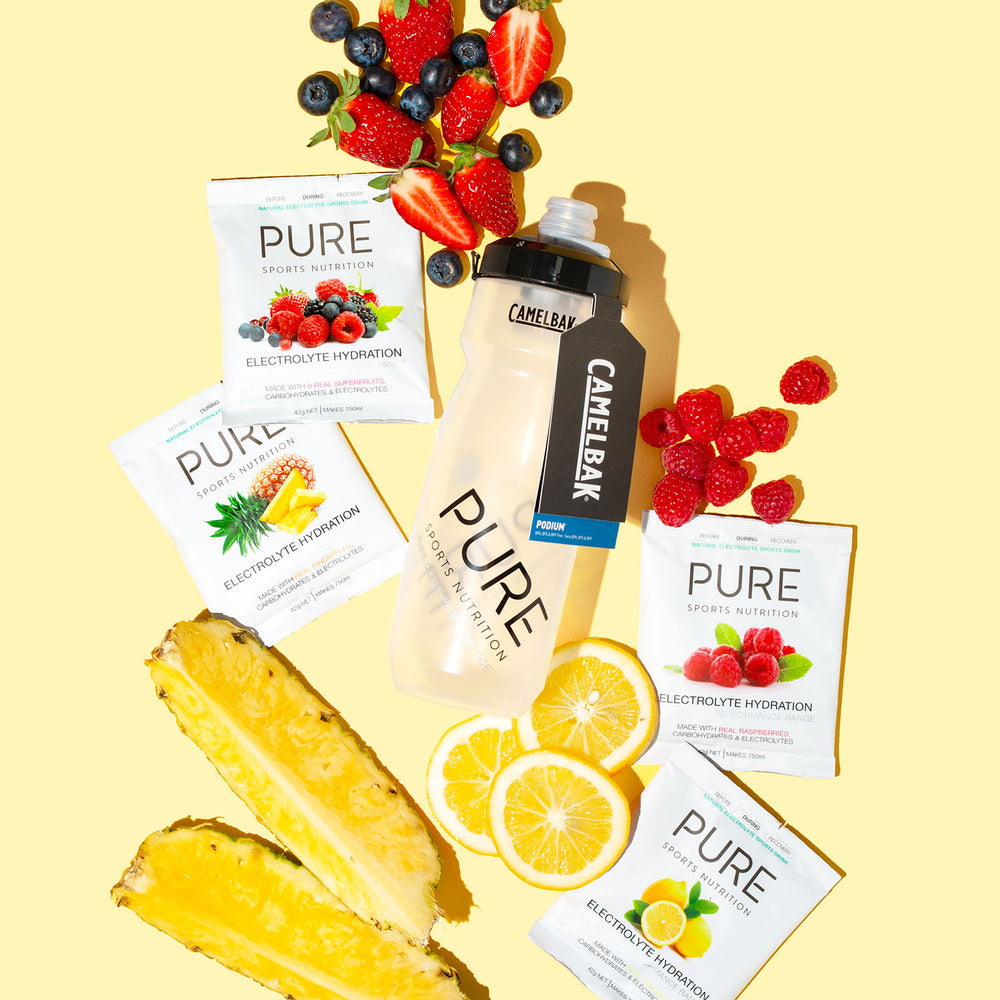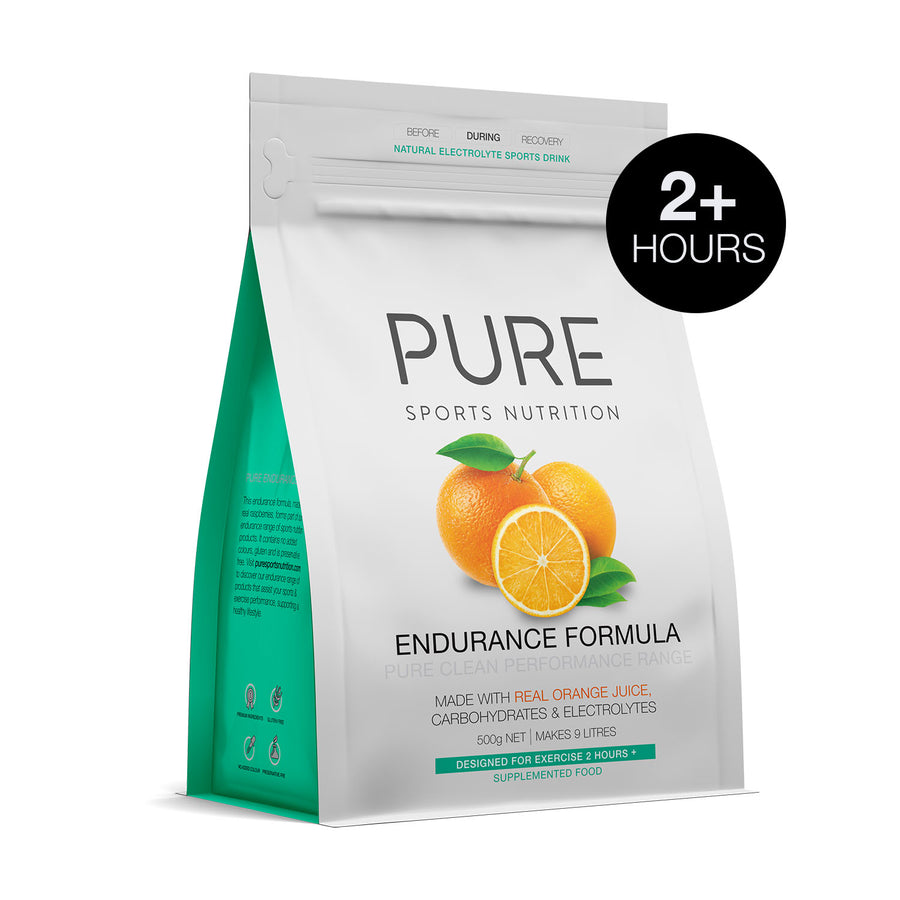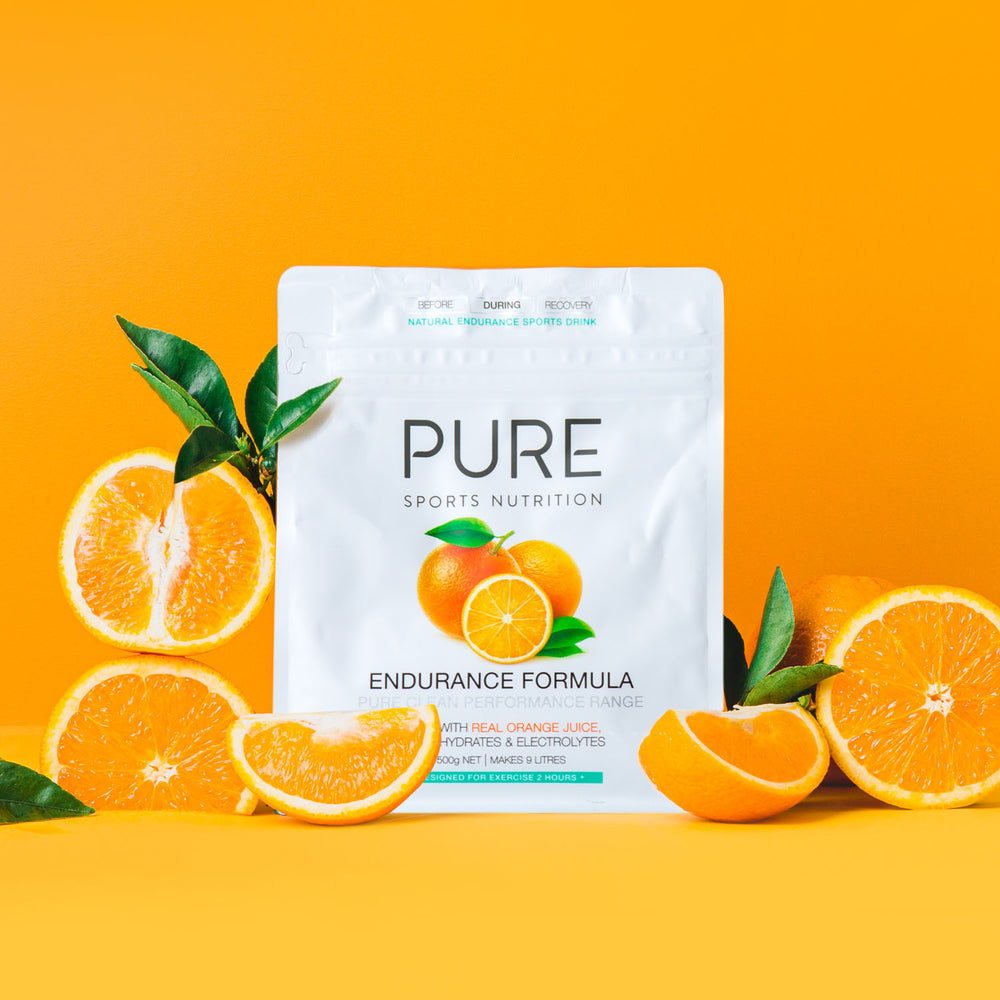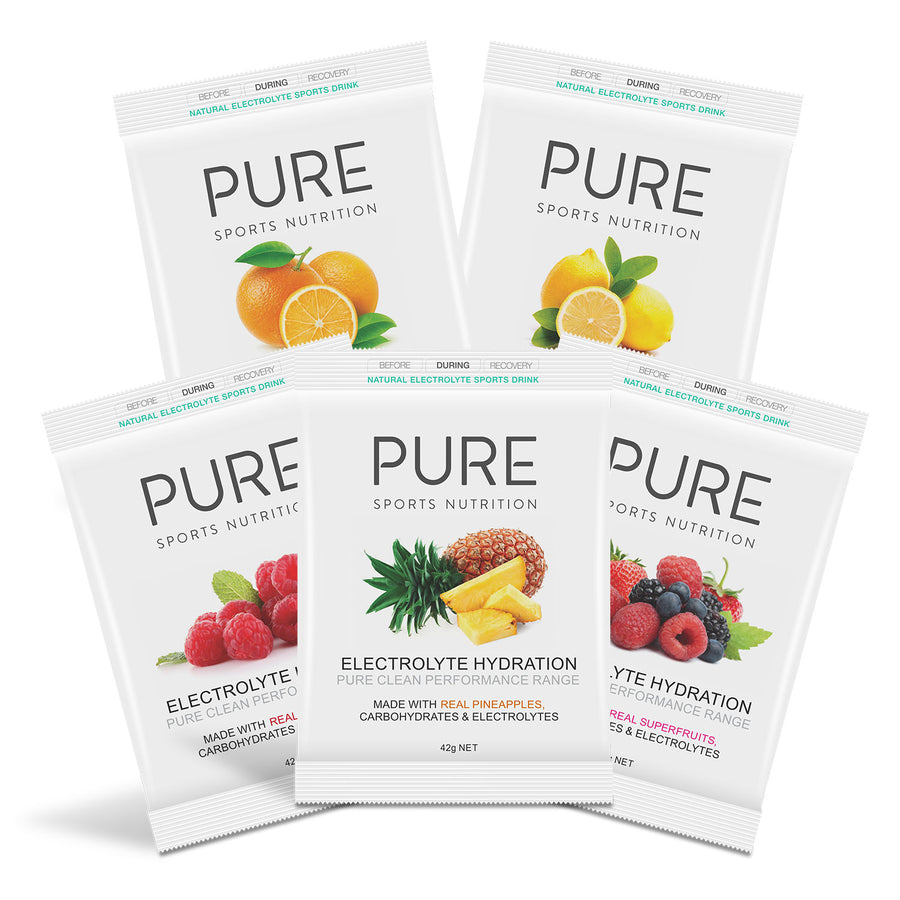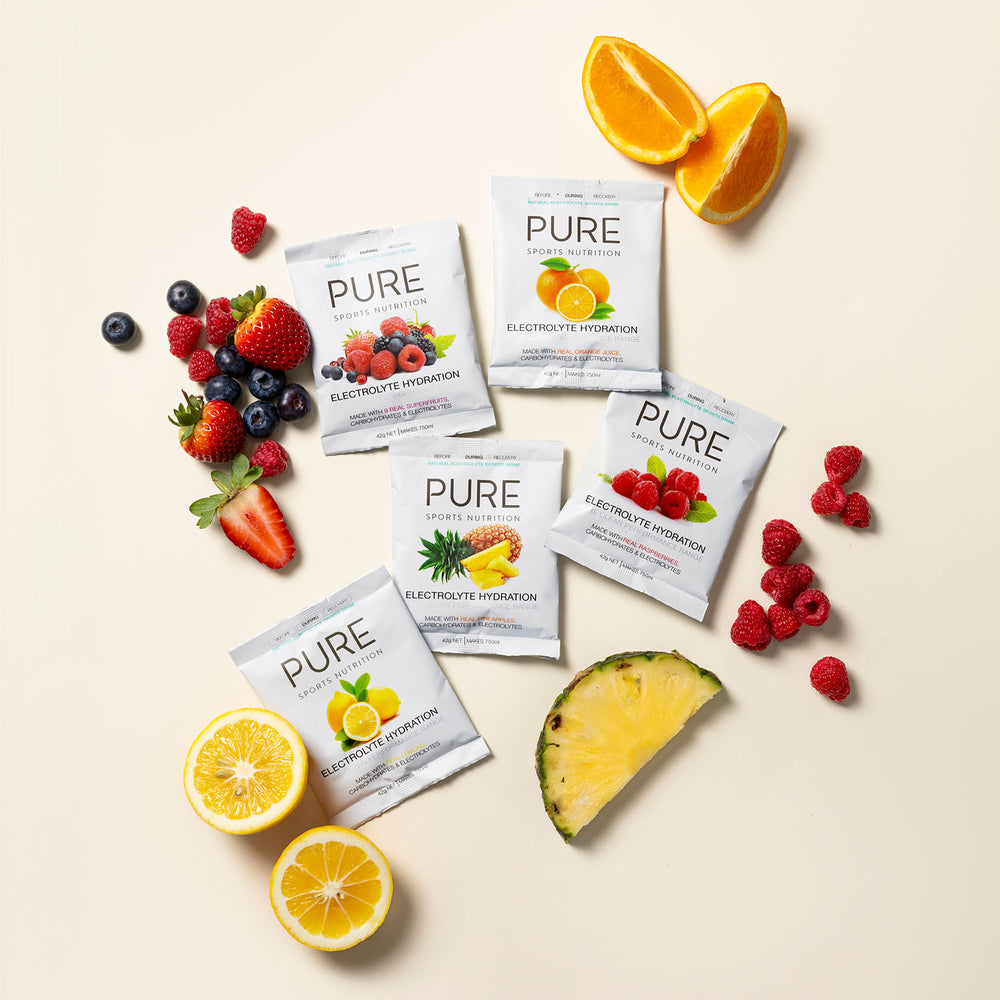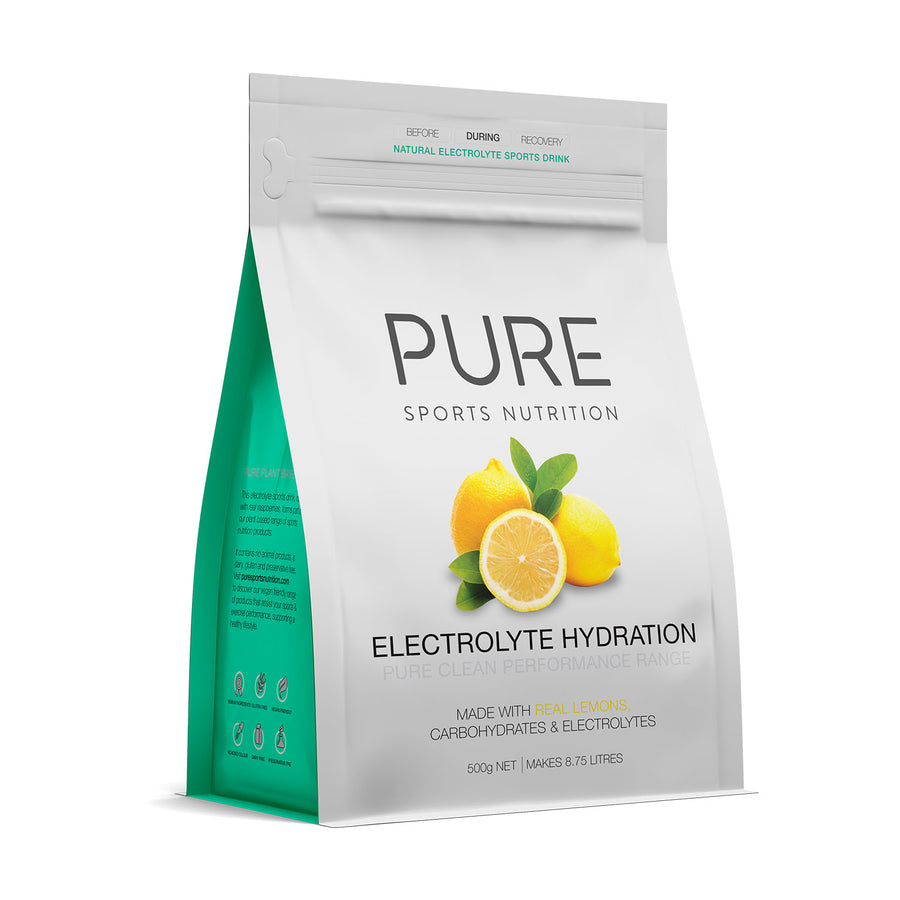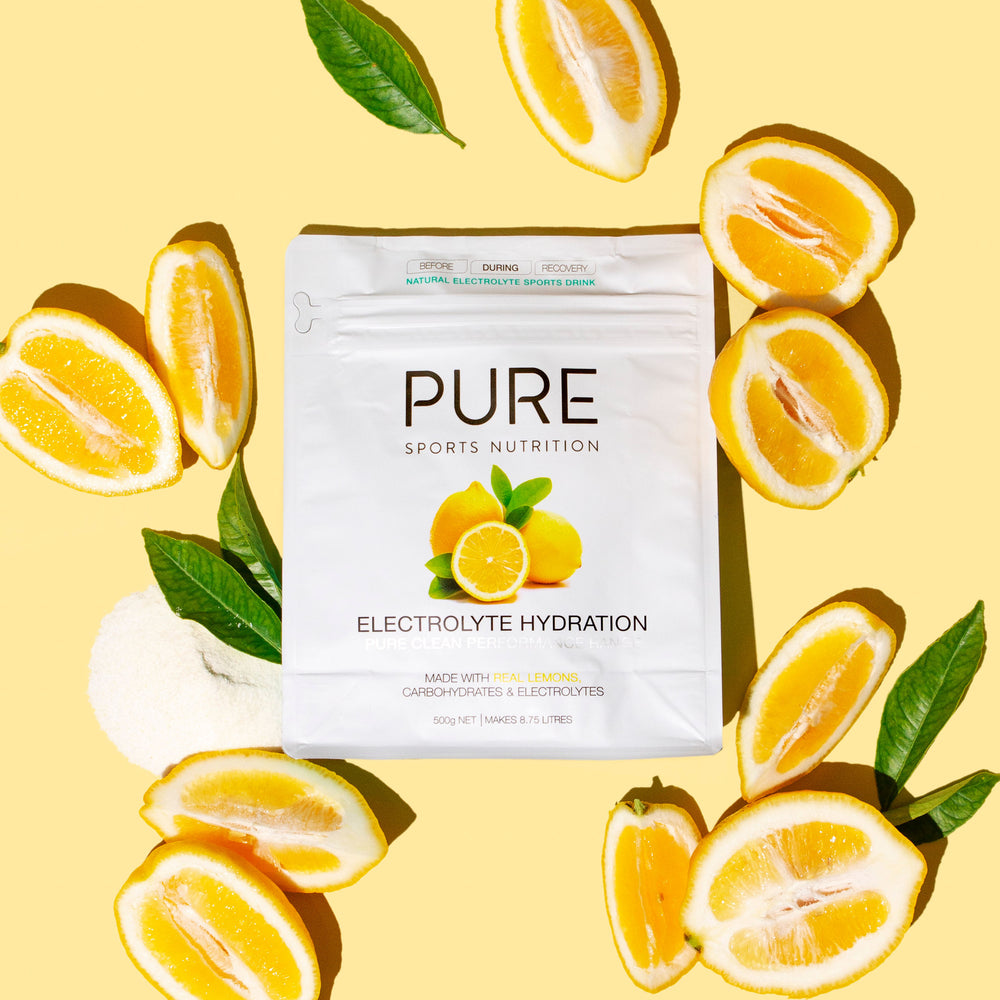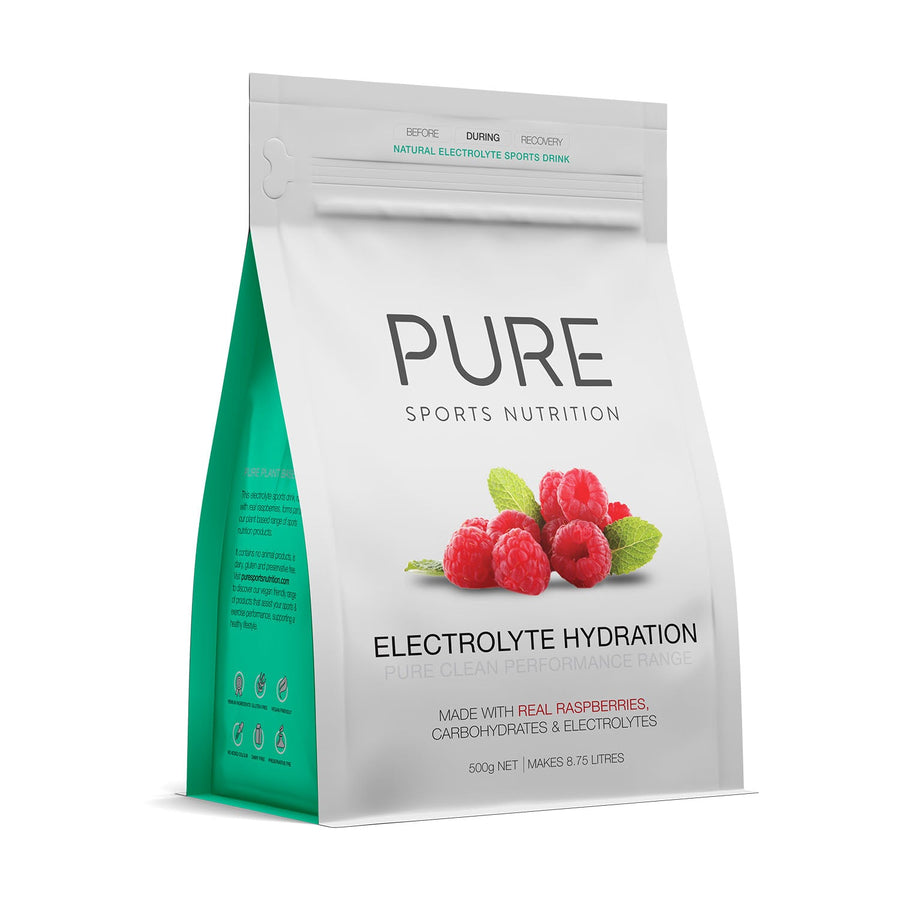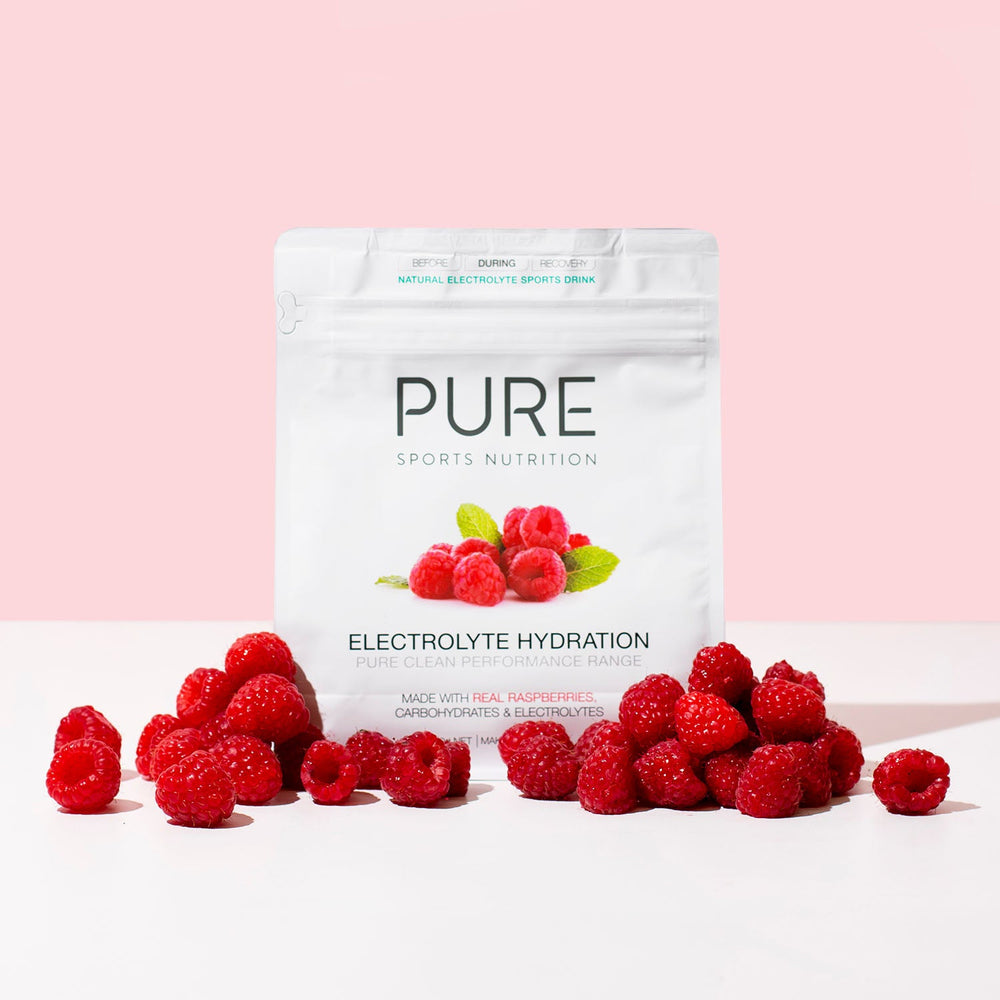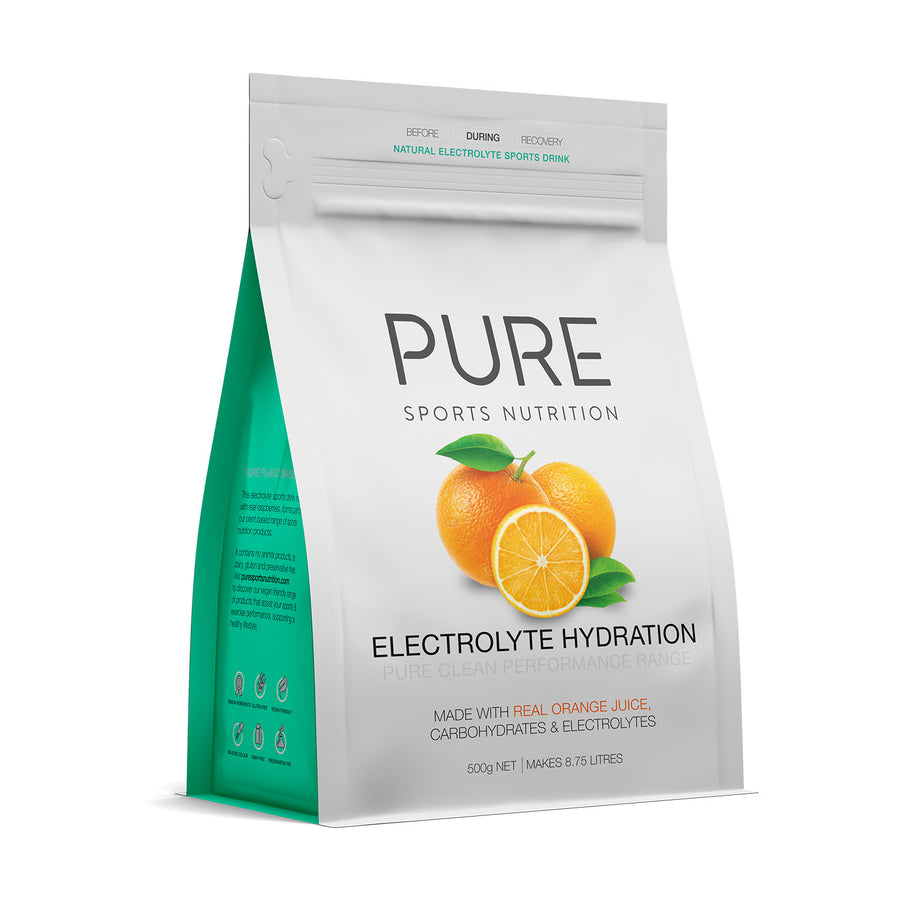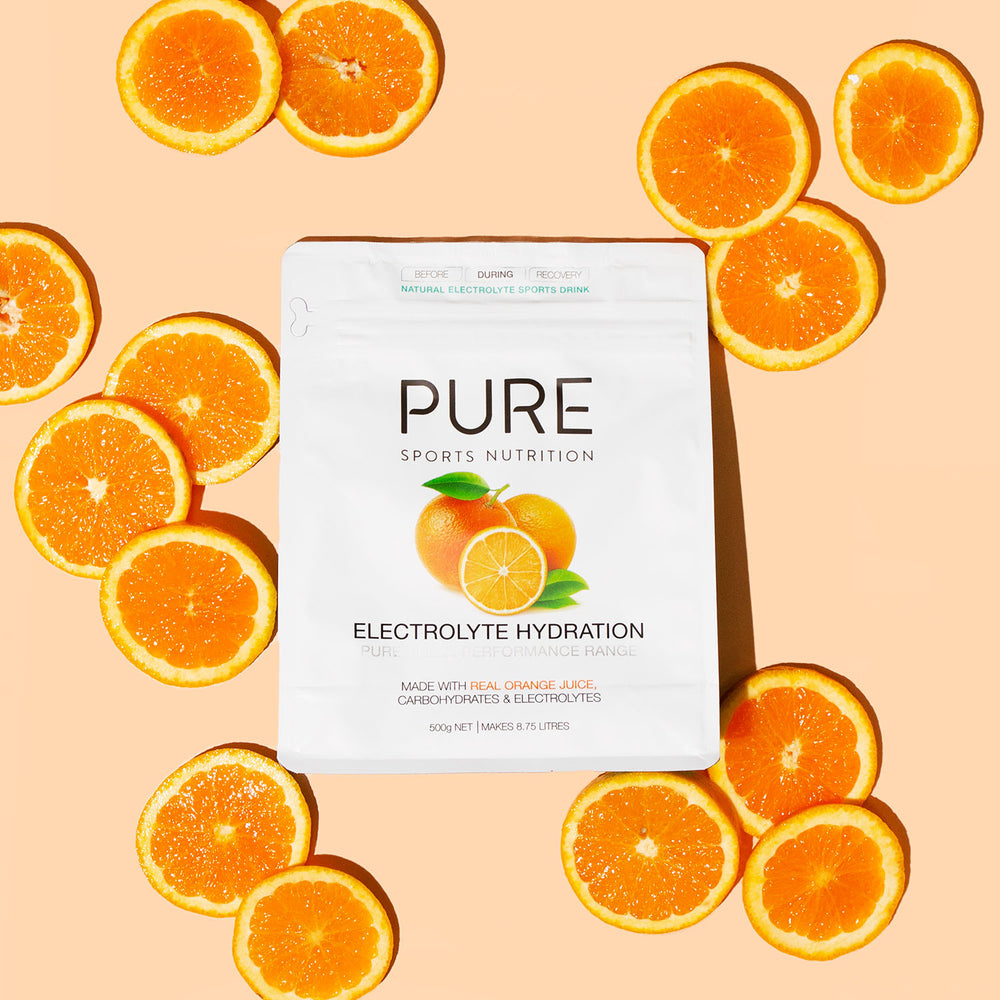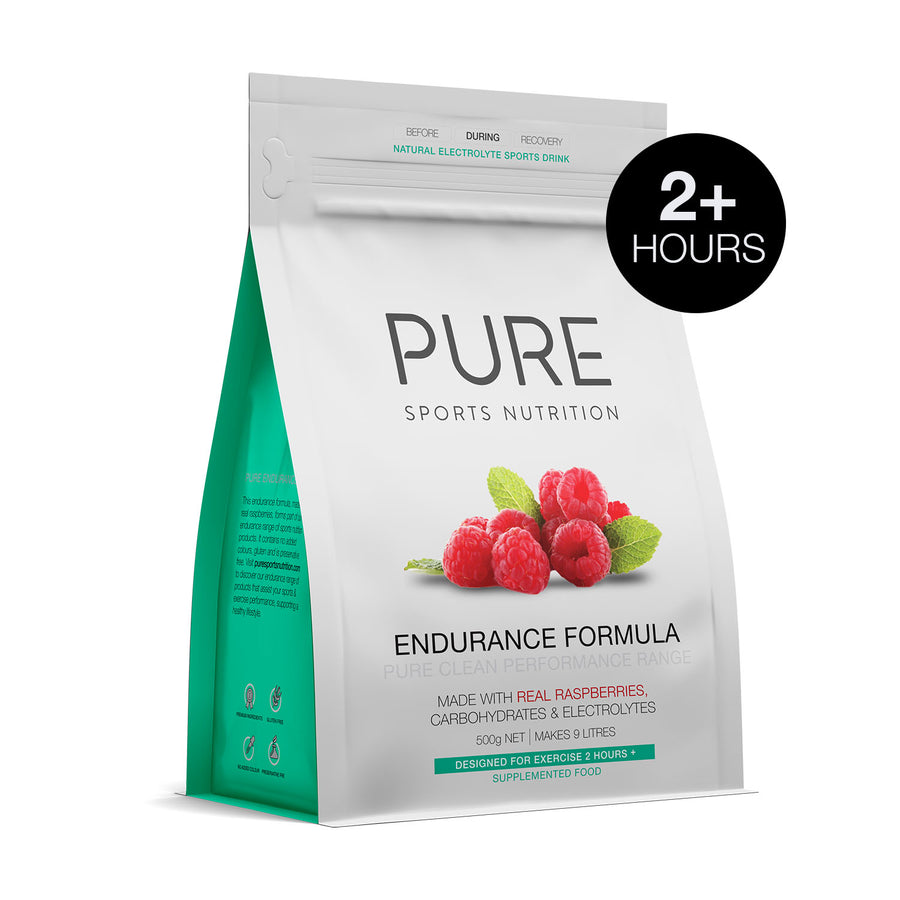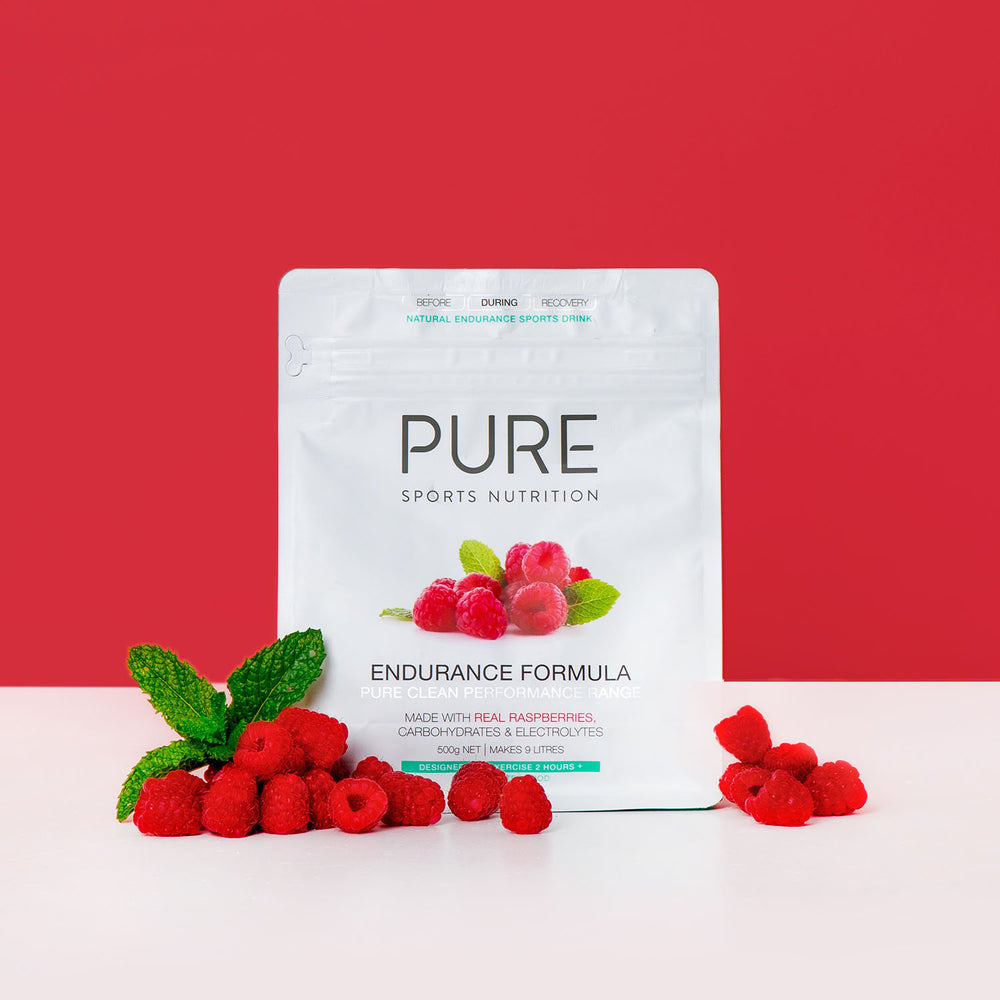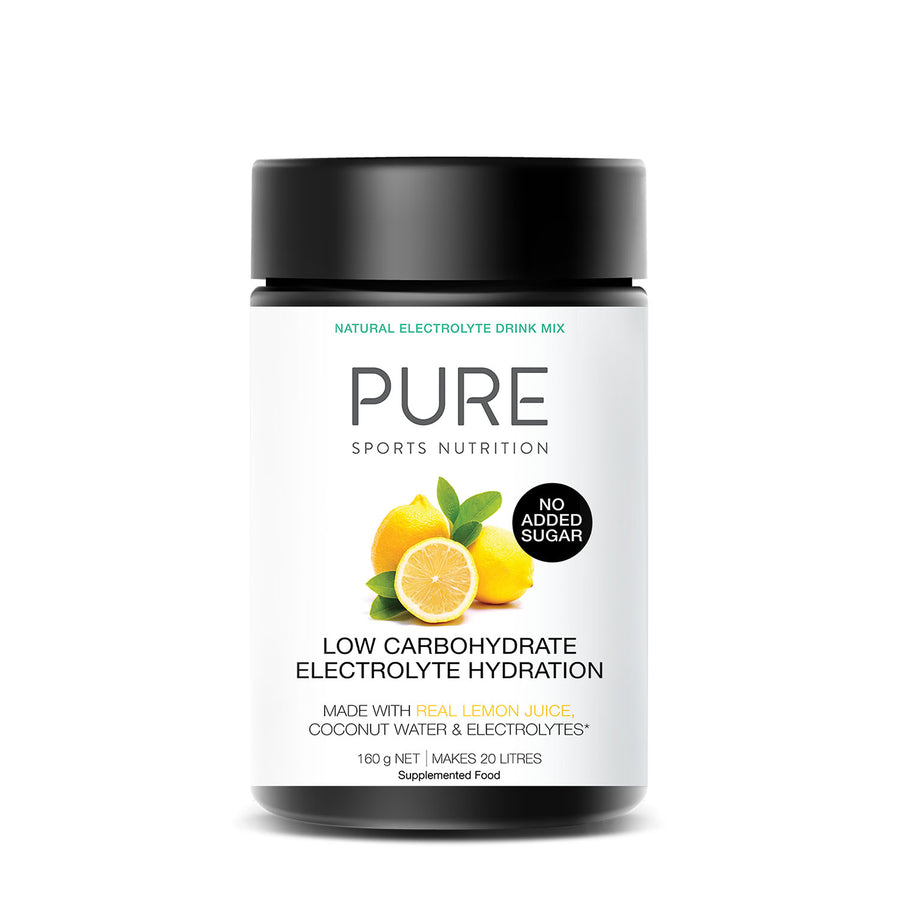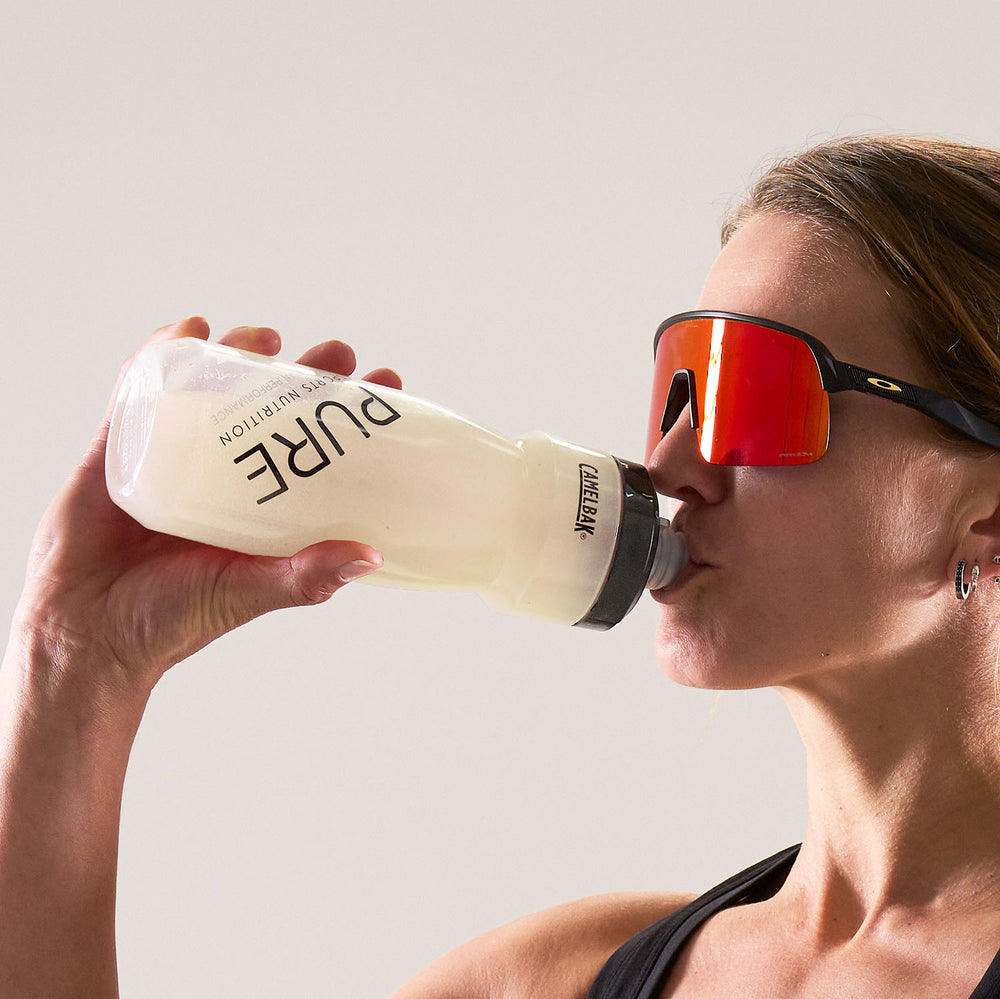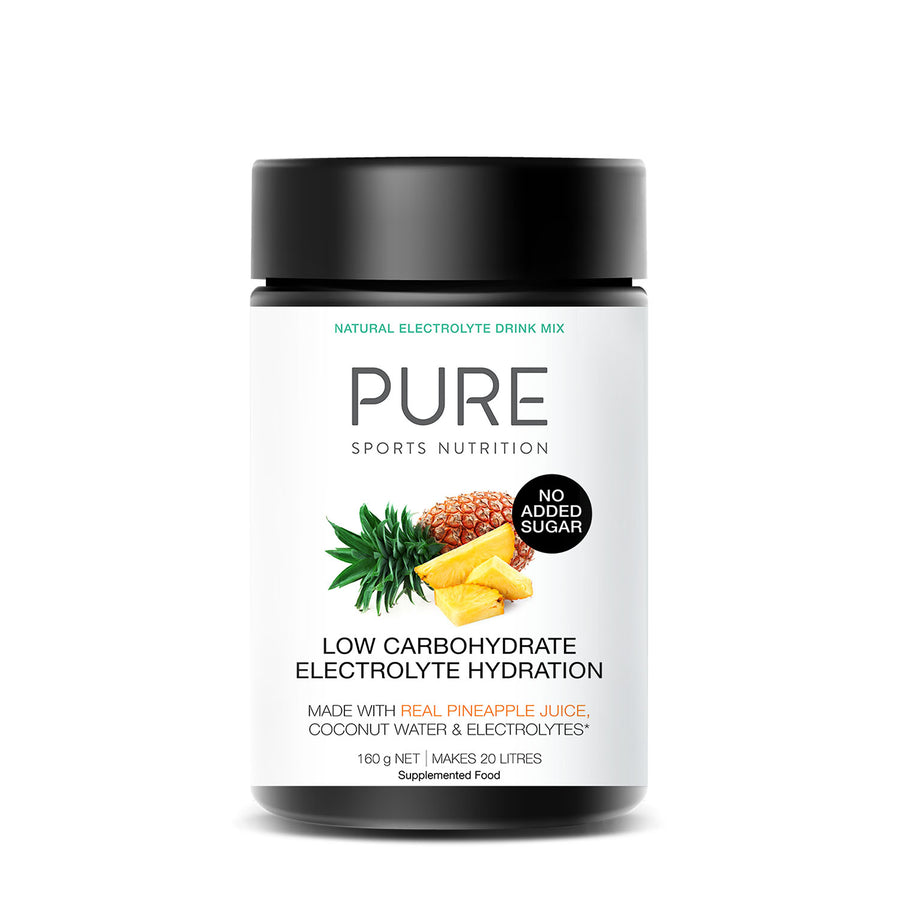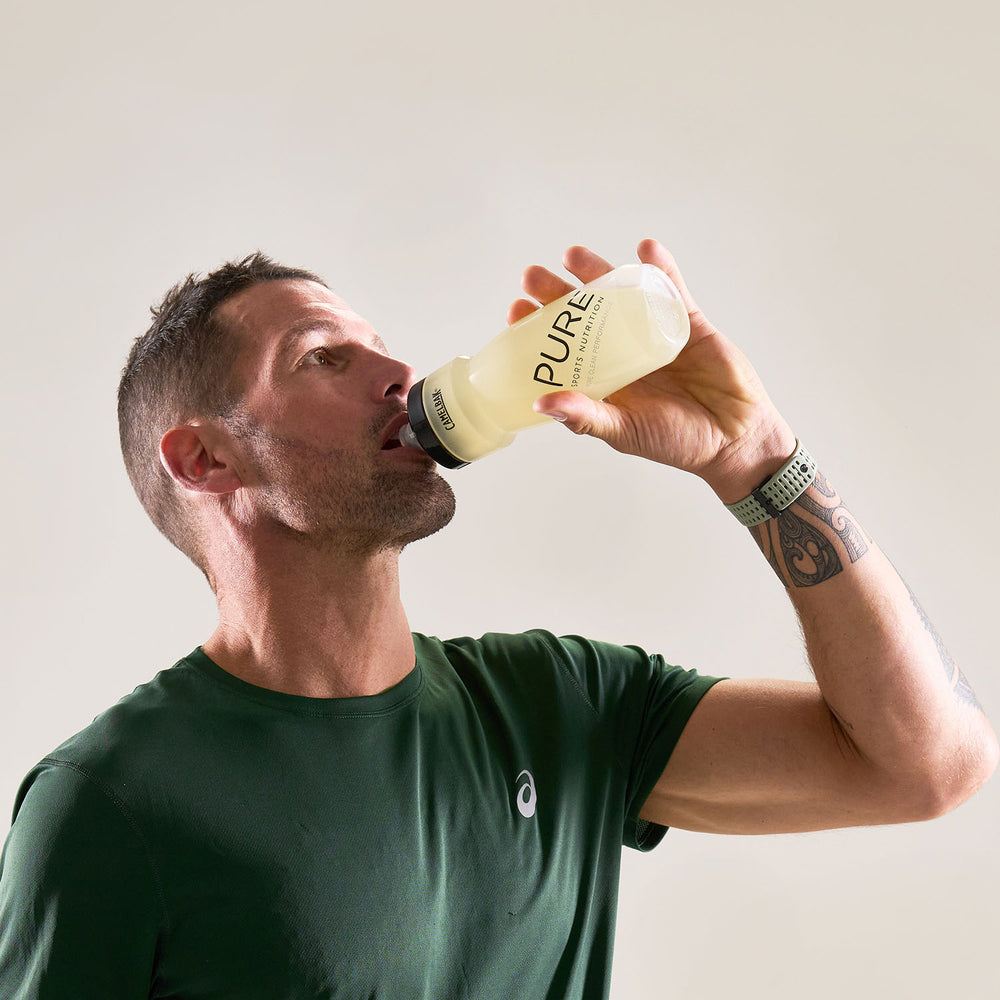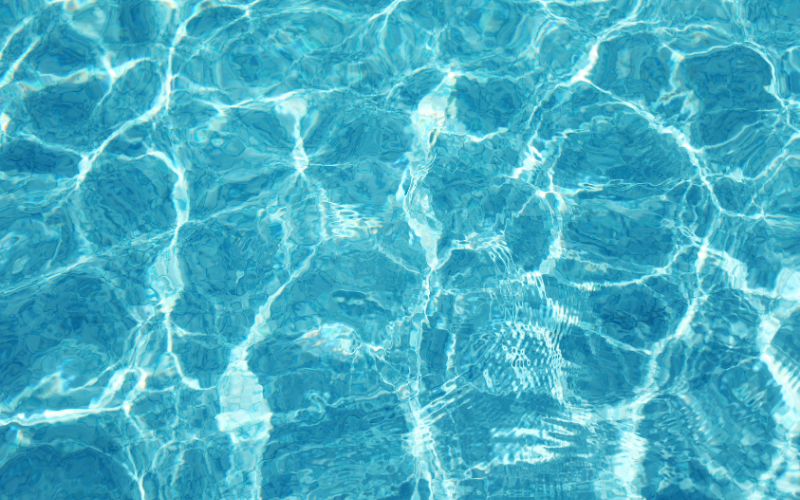
Everything Fluids, Electrolytes and Sport Drinks
Water makes up a huge ~60% of our total body mass, so its no surprise it is important for not just our general wellbeing but performance as well. The main roll of fluids is to help our blood deliver important nutrients to our cells, transport electrolytes and regulate our body temperature. During the summer months, this is an area of nutrition we really need to scrub up on. Performance Dietitian Conrad Goodhew (NZRD) shares his knowledge on the area.
The role of fluid in performance
When we exercise, we need to replace fluid lost in sweat. A crucial role of fluids in performance is to enable our blood to easily transport nutrients around our body, which are essential to keep our muscles fuelled and oxygenated. It has been noted in many studies, that a reduction in performance is seen when an individual has as little as 2% body weight loss. Have you ever felt bloated, or experienced gastrointestinal (GI) issues while exercising? Dehydration is one of the main causes of GI distress and should be a consideration before the removal of any specific foods or food groups.
What about electrolytes?
Electrolytes are minerals in the body, but when we talk about them in a performance context, we focus on the 4 main ones lost in sweat – Sodium, Potassium, Magnesium and Calcium. All 4 play a pivotal role in water balance, supporting the nervous system and functioning of muscles. Electrolytes are undervalued in the performance industry. We have been told that sodium (table salt) is something often to avoid, but there is a large difference between high sodium intakes in the general population (associated with increased blood pressure in the general population) and those athletes who have high sweat rates. So, it is vital for any athlete, especially for those with large sweat rates and/or training in the heat, to consider and trial electrolytes in and around training.
Hydrating during training or an event
When exercise lasts longer than 60 minutes, a sports drink should be considered to replace lost fluid and electrolytes. Carbohydrates in sports drink also can assist with faster rehydration and energy requirements during exercise.
Specific fluid recommendations can vary between (0.3 to 2.4 L per hour), electrolyte requirements also vary and are greatly dependent on the individual. Do your lips taste salty during exercise? This is you losing those important electrolytes. Another thing to consider is weighing yourself before and after training (or competition) to determine how much fluid you may have lost; this will help determine how much more fluid you may need to consume during your training. There are sweat rate calculations that can help determine your requirements during exercise (but this warrants a separate blog). When you plan your fluid intakes, we suggest that you have it early in the training (or race) to prevent dehydration (and GI upset). If you are getting thirsty, it may be too late. Note: ‘sports drinks’ contain sugar and this important for sports performance, however overconsumption outside of exercise needs to be monitored to prevent an unnecessary excess calorie consumption.
The thing I often get asked is ‘how do I test my hydration, is it checking my pee?’. The answer is yes, but it is important to understand when. To make sure you are adequately hydrated, the first pee of the day is the best time to check. If you are 4+ on the chart below, you need to review your hydration practice and consider implementing better strategies during the day to ensure you are hydrated. Why do we focus on this in the morning? This is the best sign to understand if the body is balancing water well. Yes, it is good to make sure you are peeing clear during the day, however, large amounts of water can give us a false sense of hydration. It means there is a large amount of fluid our bloodstream, but we don’t know if it is in our cells (ie muscles). Therefore, we check in the morning to ensure that we are holding onto the water in our system. This is where both electrolytes and carbohydrates are just as important for making sure the fluid moves into our cells. Water alone may not be enough for some athletes after a large, and sweaty session. Overall, when it comes to hydration, it is very much a trial and error approach. However, it is recommended to work alongside a health professional to ensure that you are taking the appropriate steps to optimise your hydration.

https://www.healthdirect.gov.au/urine-colour-chart
Conrad Goodhew is a New Zealand Registered Dietitian (NZRD) specialising in performance nutrition, and is our guest sports nutrition contributor. Conrad is available for individual consultations, in person or via web-based consultations. Find out more here.
